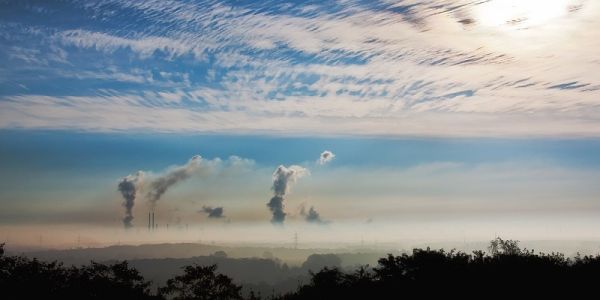
Chinese partnership to tackle environmental challenges
A new partnership agreement has been signed with Shanghai Jiao Tong University (SJTU), aimed at strengthening future research collaborations with the University of Leeds.

A new partnership agreement has been signed with Shanghai Jiao Tong University (SJTU), aimed at strengthening future research collaborations with the University of Leeds.

The remaining undisturbed rainforests in Borneo, some of the world’s tallest and most carbon-dense, have been removing carbon dioxide from the atmosphere over the past 50 years, a new study shows.

River invertebrates react the same way to decreasing glacier cover wherever in the world they are, according to new University research.

Leeds researchers are supporting a business' £1m project to develop new graphene-based water filters, to bring the technology closer to addressing world-wide water scarcity.

Today our world is visually dominated by animals and plants, but this world would not have been possible without fungi, say University of Leeds scientists.

An international team of scientists, led by the University of Leeds, has quantified the relationship between natural sources of particles in the atmosphere and climate change.

Shrinking glacier cover could lead to increased volcanic activity in Iceland, scientists have warned.

One of the largest global mass extinctions did not fundamentally change marine ecosystems, scientists have found.

Limiting the increase in global average temperatures to 1.5°C above pre-industrial levels is still geophysically possible, but requires more ambitious emission reductions, say scientists.

The UK’s 50 largest cities could save £7 billion annually and create over 90,000 years’ worth of extra employment by adopting simple measures to cut their energy use and counter climate change.